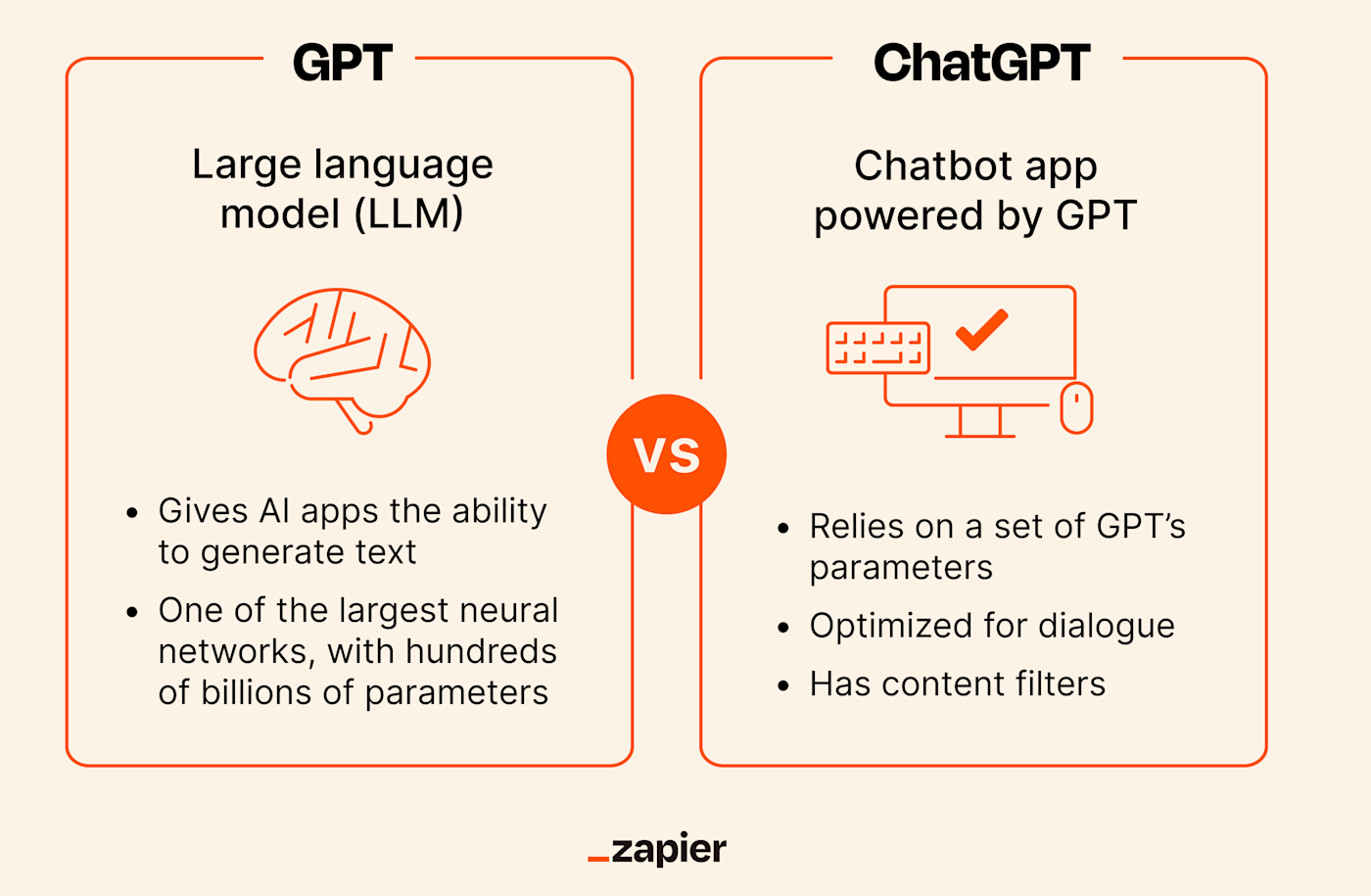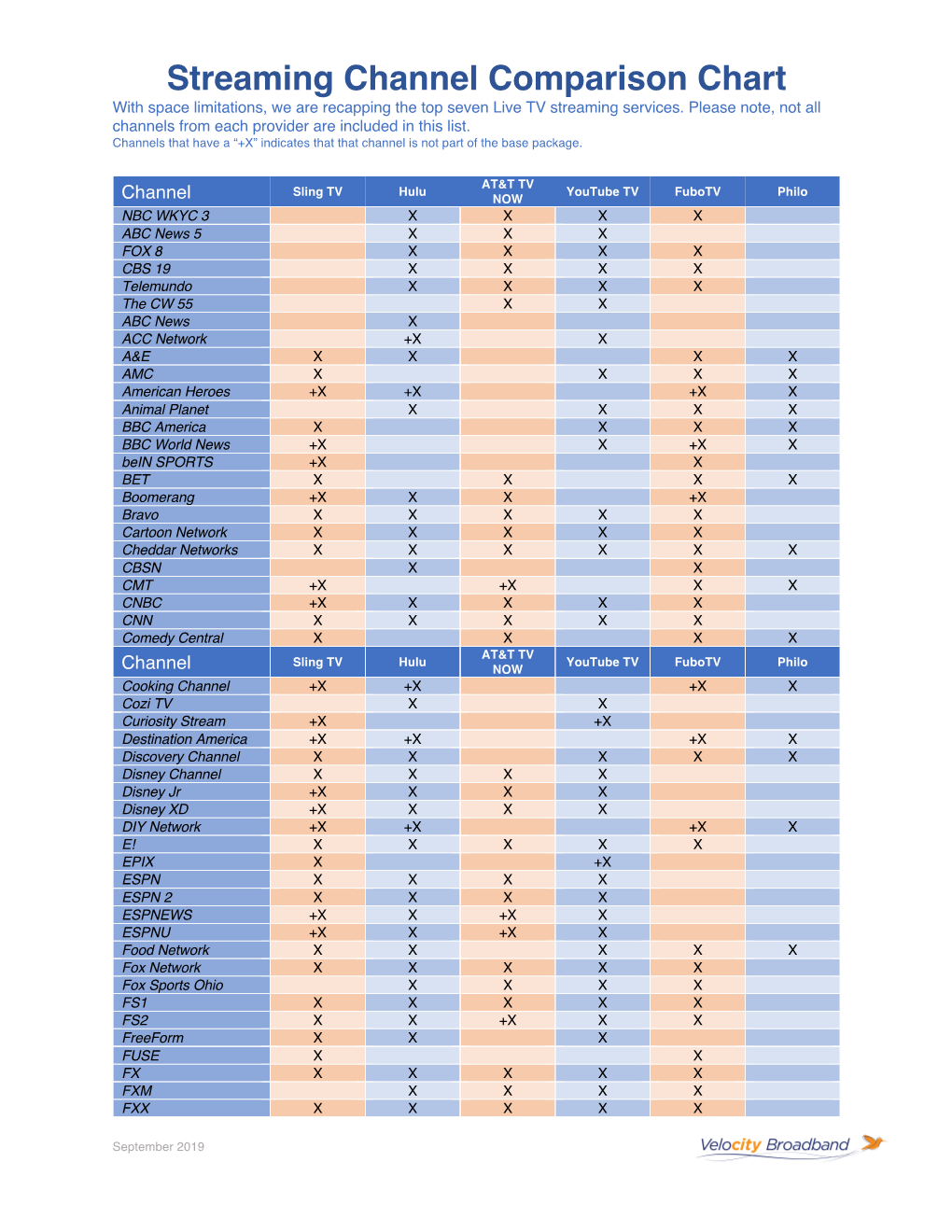Duolingo's Future: AI And The Downsizing Of Contract Roles

Table of Contents
The Rise of AI in Language Learning at Duolingo
Duolingo's investment in AI and machine learning is substantial, reflecting a broader trend in the EdTech industry towards personalized learning experiences. The company is leveraging AI to create adaptive learning paths, tailoring the difficulty and content to each user's individual progress and learning style. This personalized approach aims to maximize engagement and accelerate learning outcomes.
AI is already powering several features within the Duolingo app, and its role is only set to expand. Examples of current and planned implementations include:
- Improved speech recognition: AI algorithms are constantly refined to better understand and interpret user pronunciation, providing more accurate and helpful feedback.
- Personalized lesson recommendations: Based on individual strengths and weaknesses, the AI suggests lessons most likely to enhance learning efficiency. This dynamic approach moves away from a one-size-fits-all curriculum.
- More sophisticated error correction: AI is capable of identifying and explaining grammatical errors with greater precision, improving the learning experience significantly.
These Duolingo AI features contribute to a more efficient and engaging learning experience, potentially leading to faster progress for users. Furthermore, the cost-effectiveness of AI compared to human labor is a significant factor driving its adoption.
The Impact on Contract Roles at Duolingo
The recent downsizing of contract roles at Duolingo, while undeniably impacting individuals, reflects a broader industry trend towards automation. The decision is likely driven by a combination of factors: the increasing capabilities of AI to handle tasks previously performed by human contractors, a need for cost-cutting, and a strategic shift towards AI-driven solutions.
This transition, however, raises concerns about the long-term effects on the quality of Duolingo's content:
- Concerns about the accuracy of AI-generated content: While AI is improving rapidly, there's a risk that nuances of language and culture might be missed, leading to inaccuracies in lessons.
- Potential loss of nuanced linguistic knowledge: Human linguists bring a depth of understanding that AI currently lacks. Their absence could compromise the pedagogical quality of the platform.
- Impact on community engagement: The reduction in contract roles might diminish the level of community support and interaction, potentially affecting user satisfaction.
The ethical implications of replacing human workers with AI are also significant and demand careful consideration. Balancing technological advancements with the well-being and livelihoods of the workforce is crucial for any responsible organization.
The Future of Human-AI Collaboration at Duolingo
A balanced approach incorporating both AI and human contributions holds the most promise for Duolingo's future. A hybrid model could see AI handling routine tasks like generating basic exercises, while human linguists and educators focus on creating high-quality, culturally sensitive content, reviewing AI-generated materials, and providing expert feedback.
This collaborative model requires identifying and fostering the skills needed in this new paradigm: Expertise in AI and machine learning will become increasingly crucial, alongside a strong understanding of pedagogy and linguistic expertise. The future demand will be for individuals who can bridge the gap between human insight and technological advancements.
The Broader Implications for the EdTech Industry
Duolingo's shift towards AI is not an isolated incident; it reflects a wider trend in the EdTech industry. Many language-learning apps and educational platforms are increasingly incorporating AI-driven personalization and automation. This trend has implications for the job market, potentially impacting the employment prospects of language educators and content creators.
The future of education hinges on striking a balance between harnessing the power of AI and preserving the irreplaceable value of human expertise. The challenge lies in adapting the workforce to meet the evolving demands of this technological shift.
Conclusion
Duolingo's increased investment in Duolingo AI and the resulting downsizing of contract roles signify a major transformation in the language learning industry. While AI offers unparalleled potential for personalization and efficiency, it is essential to address the ethical concerns and potential risks associated with reduced human involvement. The future success of Duolingo, and indeed the EdTech sector as a whole, relies on a thoughtful and strategic approach that leverages the strengths of both AI and human expertise. To stay abreast of the latest developments in Duolingo AI and its impact on the future of language learning, remain engaged with industry news and analysis.

Featured Posts
-
 Meta Vs Chat Gpt A Batalha Da Ia Comeca Com Novo App
Apr 30, 2025
Meta Vs Chat Gpt A Batalha Da Ia Comeca Com Novo App
Apr 30, 2025 -
 Gillian Andersons X Files Return Her One Big Fear
Apr 30, 2025
Gillian Andersons X Files Return Her One Big Fear
Apr 30, 2025 -
 Dzilijan Anderson Nova Fotografija U Retro Inspiraciji
Apr 30, 2025
Dzilijan Anderson Nova Fotografija U Retro Inspiraciji
Apr 30, 2025 -
 Lich Thi Dau Chinh Thuc Giai Bong Da Thanh Nien Sinh Vien Quoc Te 2025 10 Tran Cau Dinh Cao
Apr 30, 2025
Lich Thi Dau Chinh Thuc Giai Bong Da Thanh Nien Sinh Vien Quoc Te 2025 10 Tran Cau Dinh Cao
Apr 30, 2025 -
 Cavs Vs Heat Game 2 Your Guide To Live Streaming And Tv Broadcast
Apr 30, 2025
Cavs Vs Heat Game 2 Your Guide To Live Streaming And Tv Broadcast
Apr 30, 2025
